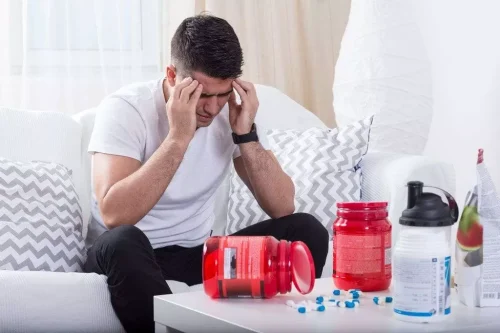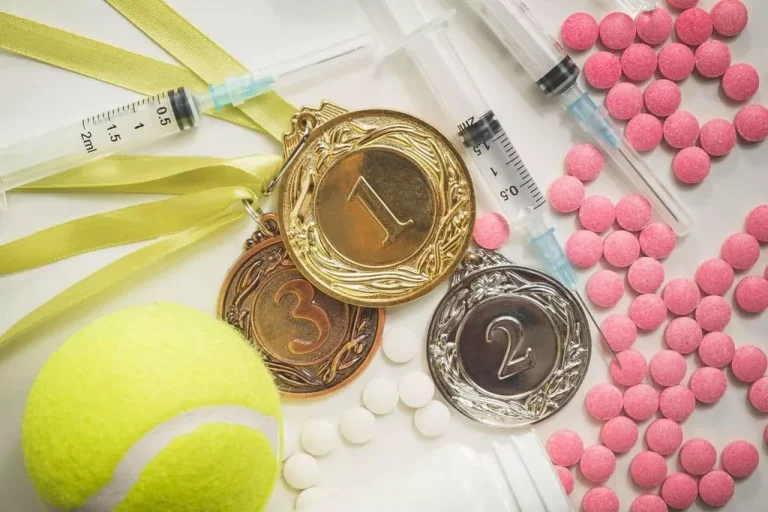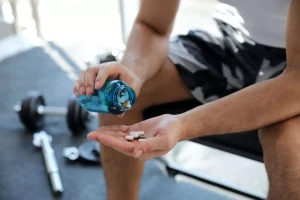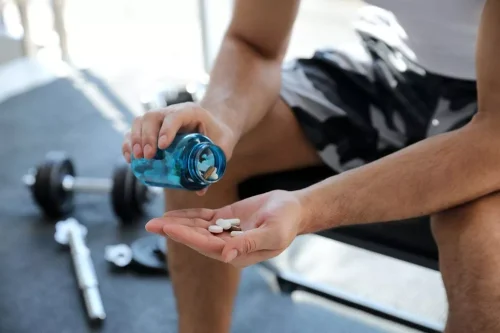Is it normal to sweat after drinking alcohol? Read 7 causes of it

By doing so, you reduce the impact of alcohol on your body, including its effects on your central nervous system and heart. Additional contributors that can cause you to experience night sweats include the use of certain prescription drugs, low blood sugar, and other alcohol withdrawal symptoms. Night sweats are episodes of excessive sweating that occur during sleep, often leading to damp or soaked sheets and clothing.

The Truth About Alcohol and Body Temperature
You’ve probably also said to yourself, more than once, «This can’t be normal.» In other words, sweating while drinking can actually be somewhat dangerous in winter. Even if you feel hot, always bundle up when you go outside, and avoid trying to warm up by drinking. People who cannot tolerate alcohol must avoid the substance, or otherwise try to find out and avoid what specific substance he is allergic to, such as grapes in wine or yeast in beer.
Talking to a Mental Health Professional
Simply cutting back or giving up alcohol or other drugs can be enough to reverse the negative impacts on your sleep (and can greatly improve your health overall). You may also experience parasomnias which are disruptive sleep disorders that occur in specific stages of sleep or in sleep-wake transitions. These can happen during arousals from rapid eye movement (REM) sleep or non-rapid eye movement (NREM) sleep. Sure, that nightcap, last glass of wine or beer before bed may help you feel sleepy.

Best latex mattresses in India: 6 top choices for comfortable night’s sleep
Take the first step towards a brighter, alcohol-free future with Zinnia Health today. Beyond the apparent manifestation of sweating, night sweats may accompany additional symptoms, contributing to discomfort. It’s essential to distinguish alcohol intolerance from addiction, as the former is a response to the body’s difficulty in breaking down alcohol rather than a psychological dependency.
- The helpline at AddictionResource.net is available 24/7 to discuss the treatment needs of yourself or a loved one.
- American Addiction Centers (AAC) is committed to delivering original, truthful, accurate, unbiased, and medically current information.
- Alcohol withdrawal can trigger a cascade of unpleasant symptoms, including night sweats.
- «Alcohol relaxes the airways, which can make breathing harder. In addition, it also acts as a stimulant in that it leads to increased heart rate. Both of these can increase your body temperature.»
- Those who believe they have AUD or alcohol intolerance may wish to speak with their doctor.
- There are several common signs of alcohol withdrawal that can disrupt a person’s sleep and cause physical discomfort after their last drink during the detox process.
For this reason, experts recommend seeking help if a person experiences persistent night sweats related to alcohol consumption. People who drink heavily or regularly may have night sweats several hours or days after consuming alcohol. Night sweats are a common symptom of alcohol withdrawal, which often affects people with alcohol use disorder (AUD). During the initial stages of recovery, it is necessary to eliminate alcohol from your body and manage withdrawal symptoms, which may include night sweats, shaking, nausea, and anxiety. This is best done under medical supervision, as some withdrawal symptoms can be dangerous.
Devineé Lingo is a registered dietitian nutritionist who is on a mission to cultivate health and wholeness in people seeking restoration and renewal. Her nutrition philosophy is to dig why does alcohol make you sweat at night deeper and identify the root causes of people’s health concerns using a holistic, integrative and functional approach. For example, Hodgkin’s lymphoma, non-Hodgkin’s lymphoma, and leukemia are types of cancers that often cause night sweating. According to Oks, some medications have sweating as a possible side effect. With your support, Houston Methodist provides exceptional research, education and care that is truly leading medicine.
- Alcohol is a depressant that affects the central nervous system, leading to a range of physical and psychological effects.
- «While alcohol is often referred to as a ‘depressant,’ it’s not really that simple,» Dr. Ram explains.
- Remember, it’s essential to consult with a healthcare professional for personalized advice and support.
- It is recommended to consult a doctor for a proper diagnosis and customized treatment plan.
- Anyone who is alcohol-dependent and undergoing withdrawal should seek medical advice from a healthcare provider prior to attempting alcohol detox at home.

Sleepwalking and parasomnias — You may experience moving a lot or talking while you’re sleeping. There’s a chance you’ll physically act out your dreams in your sleep, or even sleepwalk. Besides just waking you up a lot, alcohol can disrupt your normal sleep patterns enough to create some longer-term issues you may need to address. Understanding the physiological and psychological effects of alcohol consumption can help you make an informed choice about whether to raise a glass or take a pass on that next round. Research has found that night sweats are influenced by such factors as age, sex/gender, medical issues, and medications. Pate said that sweating at night can be a symptom of certain types of cancers or a side effect of cancer treatments.

Leave a Comment